23 Ağustos 2023 Çarşamba
10 Ways to Prevent Urinary Tract Infections During Pregnancy

She has been working as a gynecologist and obstetrician at Anadolu Medical Center since 2008.
Istanbul University Istanbul Medical School, Istanbul 1987
Anadolu University AOF Health Institution Management, Eskişehir
Vakıf Gureba Hospital, Gynecology and Obstetrics Clinic, Istanbul 1989
Dr. Lütfi Kırdar Kartal Training and Research Hospital, Gynecology and Obstetrics Clinic, Istanbul, 1993
Istanbul University, Medical Sciences Institute, Immunology Ph. D., Istanbul
Meltem Çam MD, Surgeon, was born in 1964 in Ankara. Çam, MD, Surgeon, respectively, worked at Nevşehir Hacı Bektaş State Hospital, Lütfiye Nuri Burat Maternity Hospital and Dr. Lütfi Kırdar Kartal Training and Research Hospital Gynecology and Obstetrics Clinic. Çam, MD, Surgeon, has been working as a gynecologist and obstetrician at Anadolu Medical Center since 2008.
Areas of Interest

Estrogen is a hormone essential for maintaining sexual and reproductive health. Its levels naturally fluctuate during a woman's menstrual cycle and decrease during menopause. Constantly high or low levels may indicate conditions requiring medical supervision. It is important for hormone levels to be stable for overall health. A healthy and balanced diet can help maintain hormone levels at normal levels.

Heartburn during pregnancy is one of the most common issues experienced by people worldwide. At the junction of the esophagus and stomach, there is a valve known as the lower esophageal sphincter. This valve opens in the direction from the mouth to the anus and prevents stomach acid from passing into the esophagus. Heartburn occurs when the flow direction at the level of the stomach and esophagus reverses. During pregnancy, heartburn occurs when stomach contents move towards the esophagus, causing irritation in the esophagus. If structural changes in the esophagus begin to affect the person's quality of life, a specialist doctor should be consulted. Although this condition varies between countries, it is seen in approximately 30% to 50% of pregnant women on average.

Menopause is the period when a woman no longer experiences menstruation due to the loss of ovarian function. Known as a natural part of aging, this condition signifies the end of fertility. Symptoms may fluctuate, increasing or decreasing over time.
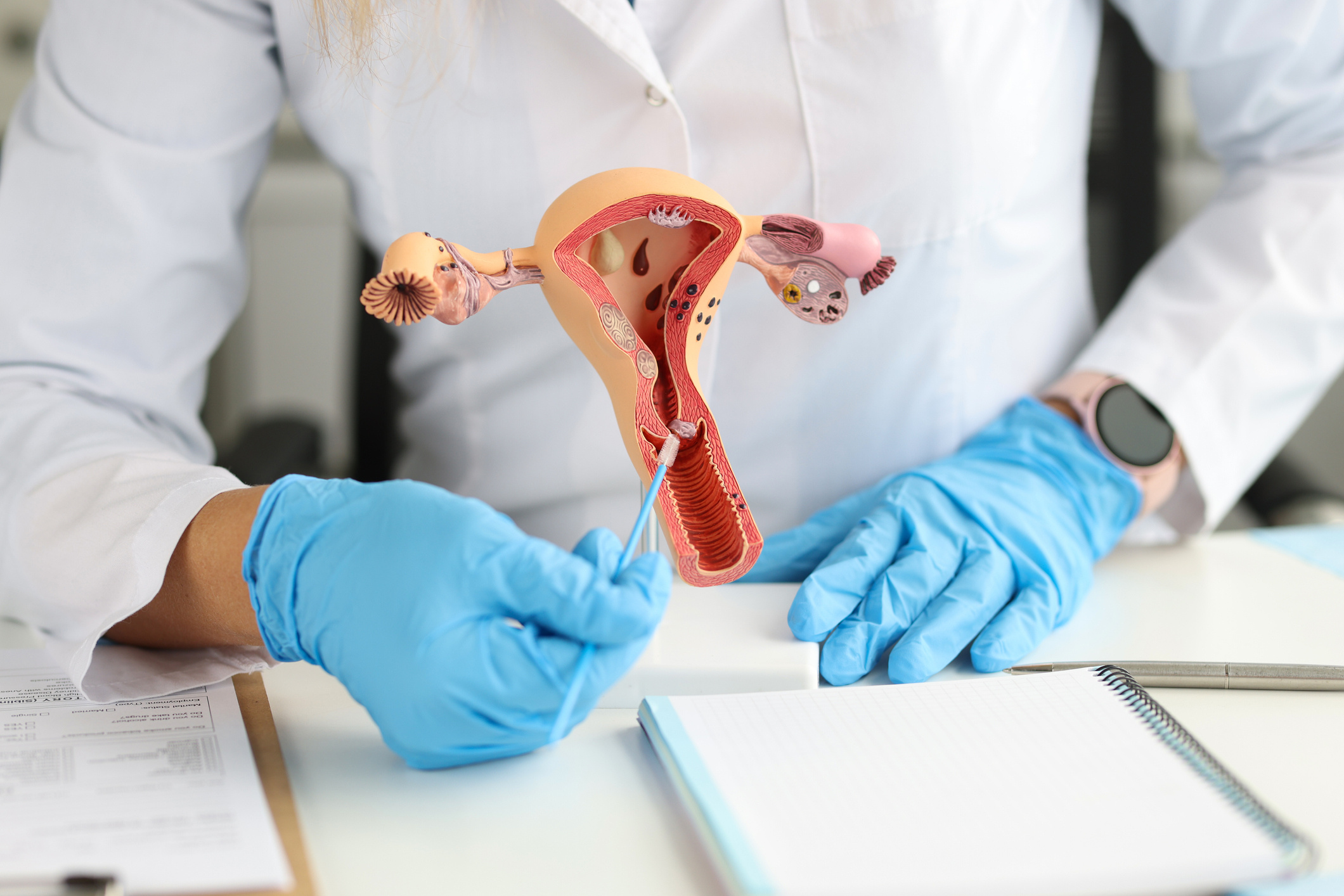
Vaginal itching is a common health issue experienced by many women. The causes of vaginal itching can include skin irritation, infections, hormonal changes, allergic reactions, and skin diseases. As a result, there may be foul-smelling discharge, redness, itching, pain, and a feeling of discomfort in the vaginal area. Vaginal itching can be a condition that can be alleviated with certain measures, but it may also indicate a serious health problem.

Cervical cerclage is one of the methods applied to extend the pregnancy of expectant mothers at risk of premature birth before the 37th week of pregnancy. By prolonging the pregnancy, the baby can remain in the mother’s womb for a longer time, allowing for further development. This procedure can be performed either vaginally (transvaginally) or abdominally (transabdominally) through open surgery or laparoscopy, depending on the individual’s condition. Successful results are achieved in approximately 90% of the individuals undergoing this procedure. If there has been a history of miscarriage due to this condition in previous pregnancies, it is recommended to consult with specialists in the field before planning the pregnancy.
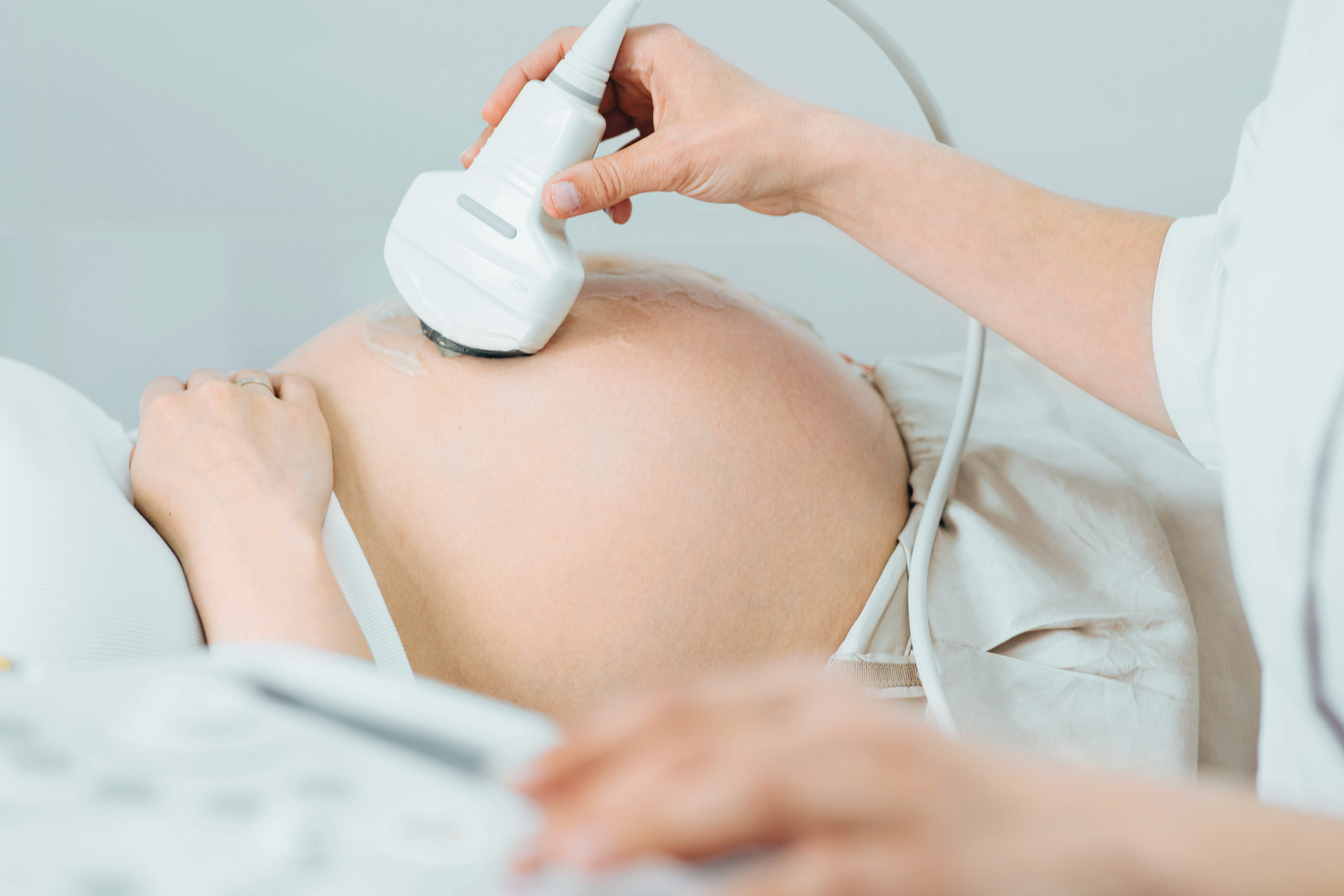
It is a well-known fact that the birth process can be very painful. For this reason, giving birth with epidural anesthesia has become a widely preferred method today. In epidural anesthesia, the nerve cells in the spinal cord that receive pain signals from the lower part of the body are blocked. An epidural anesthetic is administered through a catheter placed in the space between the dural membrane surrounding the spinal cord, and the catheter remains in place throughout the labor process to continue administering medication. It is important to note that epidural anesthesia is not suitable for every individual, and its applicability may vary depending on the condition of the mother and baby. You can follow the rest of the article for more information on topics related to princess birth.

Congenital anomalies are issues that arise in the structure or physical appearance of a baby due to factors such as hereditary diseases, malformations in the womb, or exposure to radiation during fetal development.
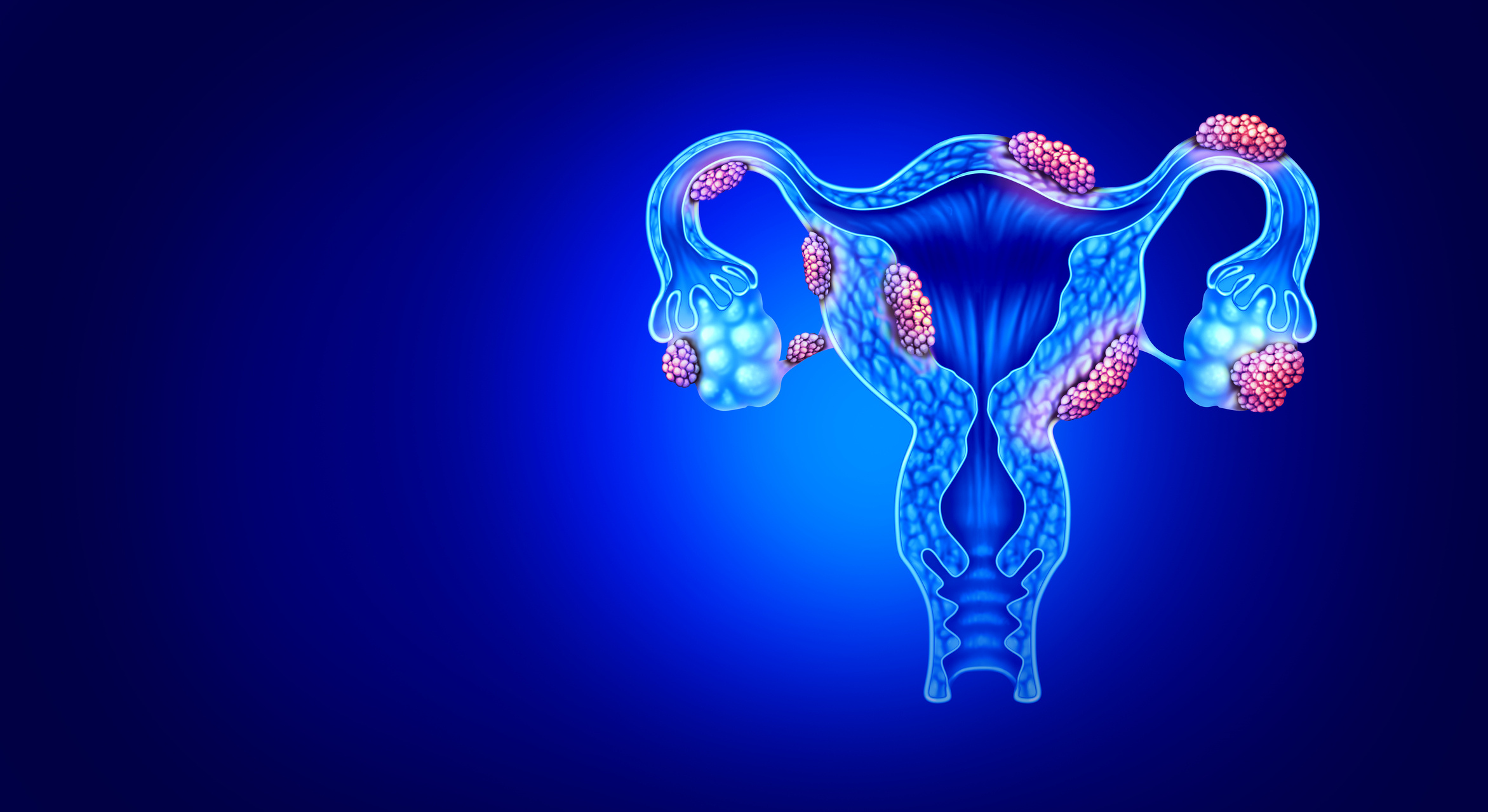
Cysts can be defined as pathological cavities that can occur in bone or soft tissue, containing a liquid or semi-solid, purée-like substance. Cysts that form from the spread and implantation of the tissue layer called endometrium within the uterus to the ovaries are referred to as ovarian cysts. These are also known as chocolate cysts and are a gynecological condition characterized by intense pain and increased bleeding during menstrual periods.
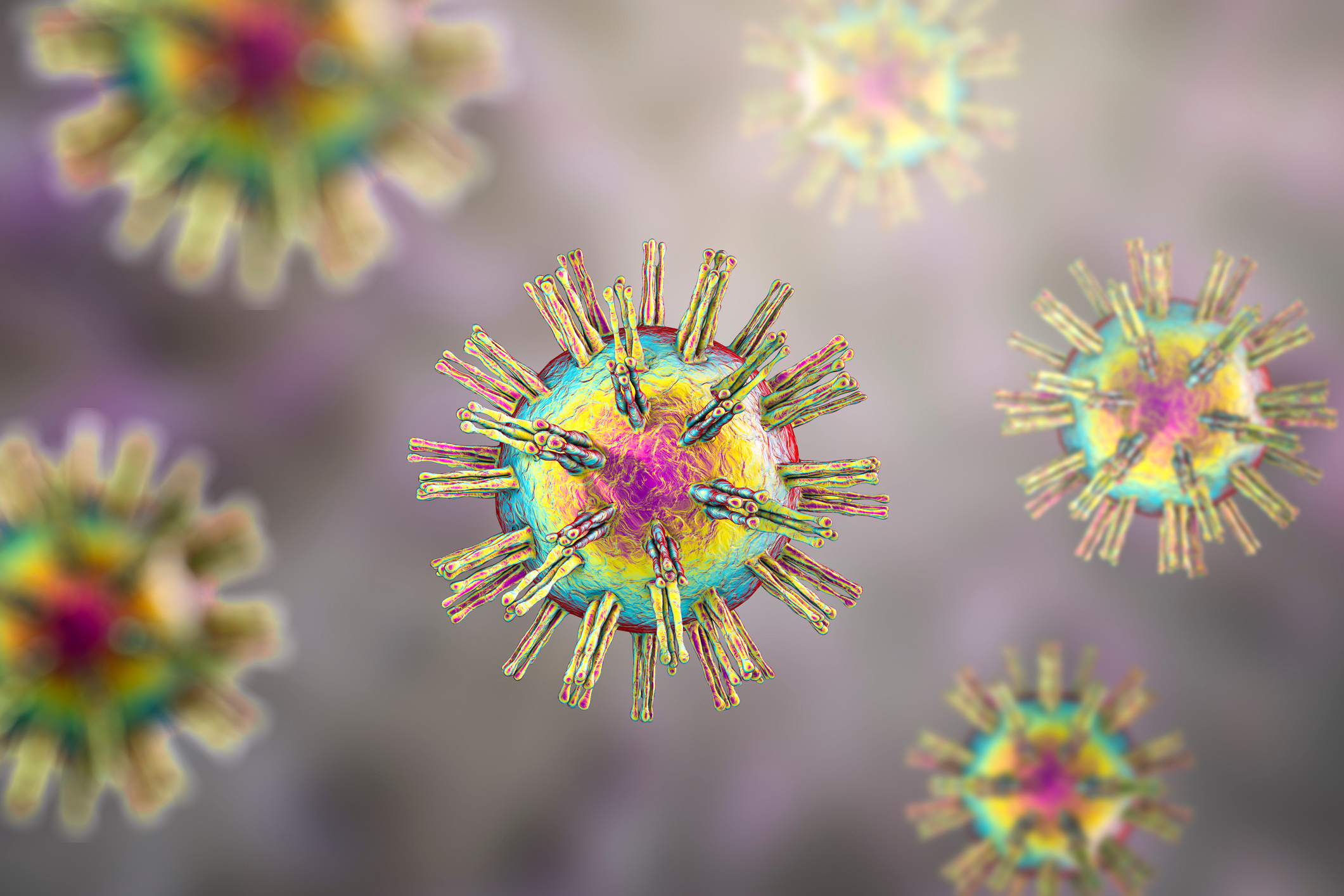
The herpes virus is a common infection that poses a risk of transmission when proper preventive measures are not taken. Therefore, understanding and implementing methods to protect against the herpes virus is of great importance for maintaining health.

Many women fear that sexual intercourse during pregnancy may lead to premature birth, miscarriages, harm the fetus, trigger labor, or rupture the amniotic sac. These fears can lead prospective parents to reconsider their sexual life. However, sexual intercourse is considered healthy during a normal pregnancy. There is no issue with engaging in sexual intercourse as often as desired throughout a healthy pregnancy.
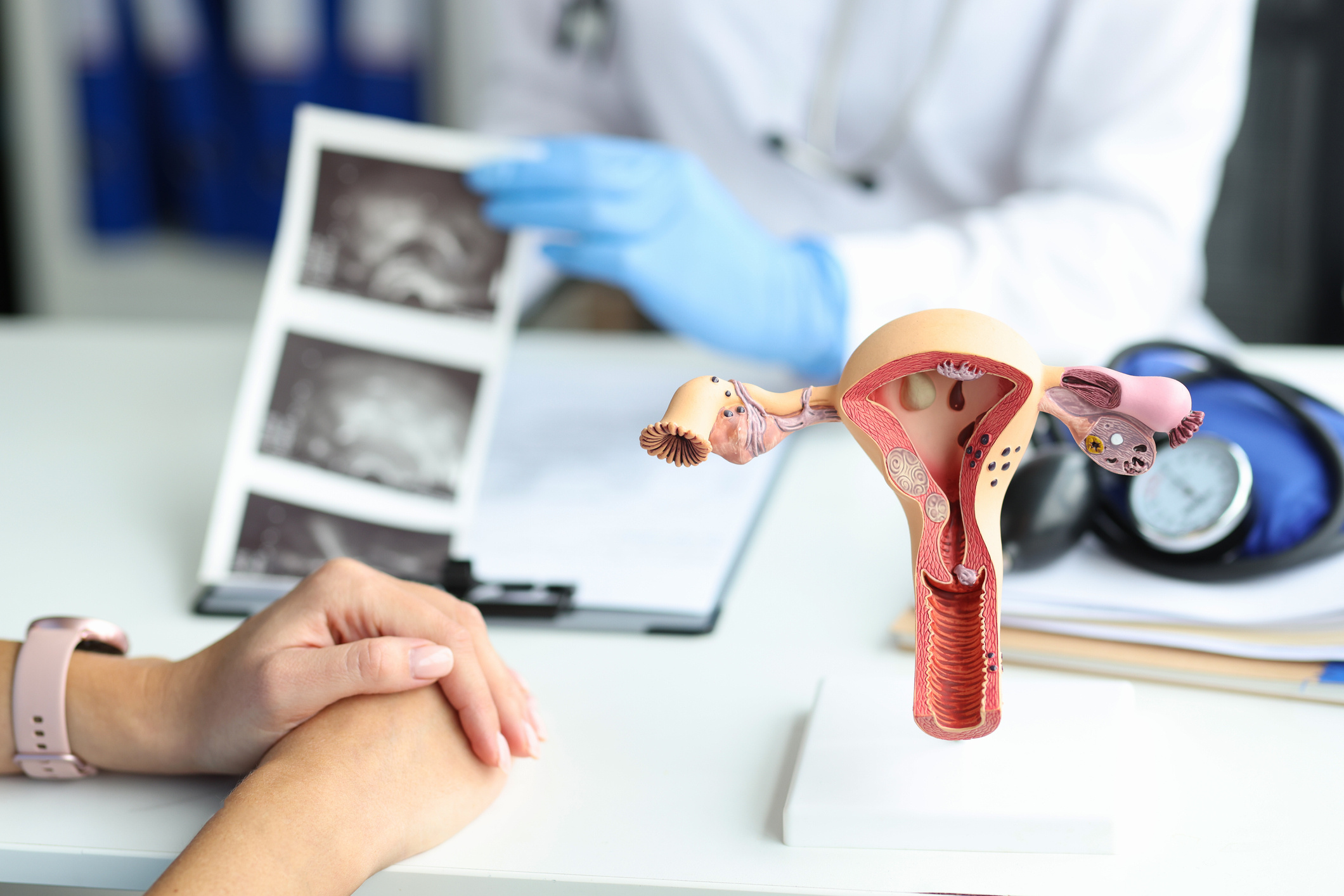
Genital area hygiene is a fundamental health issue for many people, and it is important to have accurate information. Genital area hygiene refers to hygienic practices related to the body's reproductive organs and their surroundings. Keeping this area clean helps reduce the risk of infections and maintain skin health.

A blighted ovum is a condition in which the development of a baby stops within the uterus. In this case, the uterus often spontaneously ends the development of the embryo or fetus for various reasons. Genetic factors, hormonal imbalances, or certain issues within the uterus can cause blighted ovums. Treatment varies based on the doctor’s specific recommendations. Monitoring health after a blighted ovum and following the doctor’s instructions are important for a healthy pregnancy in the future.

The ovulation period is when mature eggs are released from the ovaries in women. It is a key part of the menstrual cycle and plays an essential role in conception. There are several signs indicating the onset of ovulation. Women who wish to conceive can monitor these signs and use a specific calculation method to choose the most suitable time to try to become pregnant. Read on to learn more about the ovulation period.

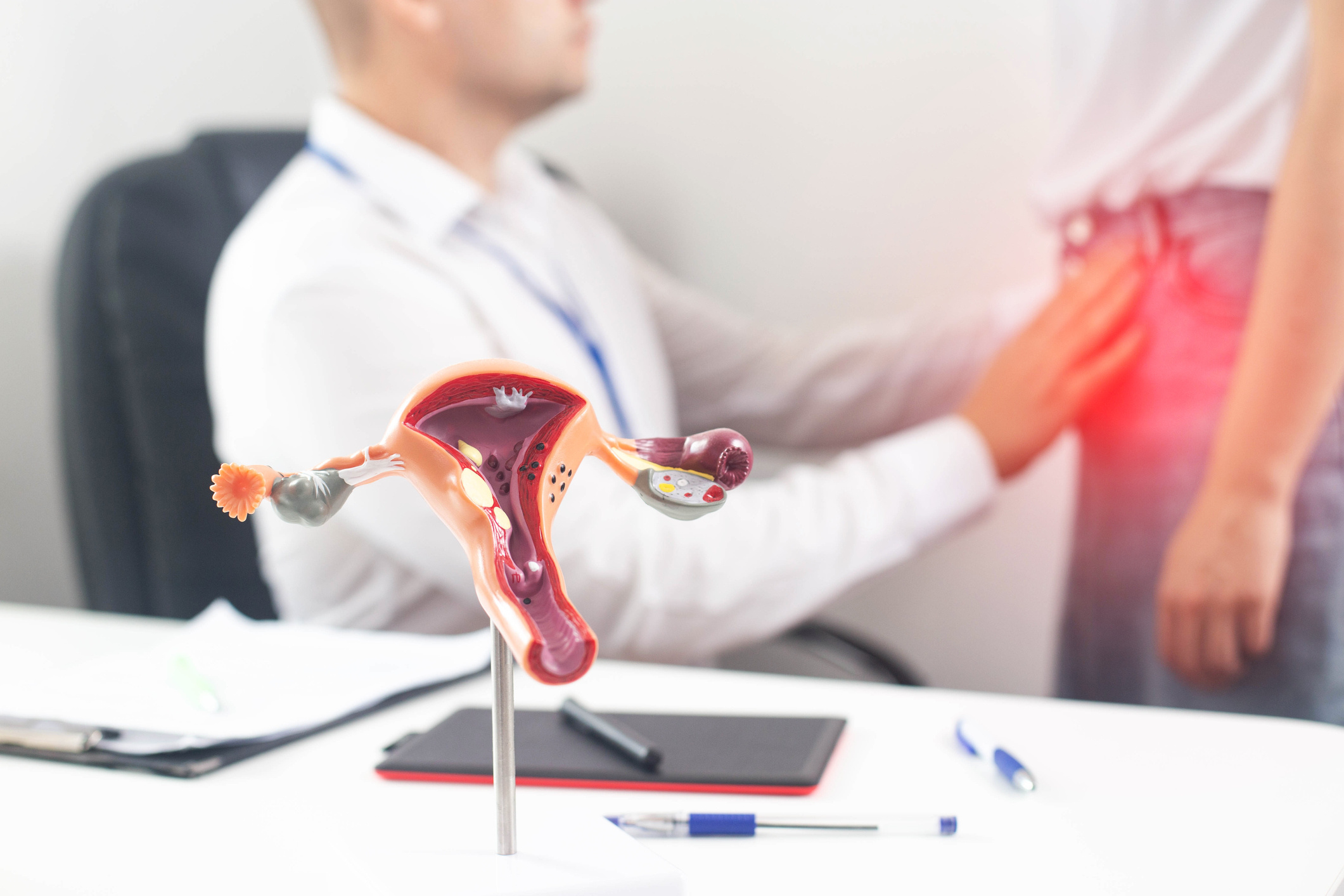
They are formations of various sizes that occur in one or both of the right or left ovaries and may be fluid-filled, blood-containing or denser.

A woman should experience menstrual bleeding as long as she is not pregnant.

Vaginal spasm is a condition in which the vaginal muscles involuntarily contract during sexual intercourse, making penetration difficult. Vaginal spasm can also occur during situations such as tampon insertion or pelvic examinations. As a result of vaginal spasm, women may experience pain during sexual intercourse. Vaginal spasm is considered both a pathological and psychological condition and is treated in a combined manner. Symptoms of vaginal spasm typically emerge in the late teenage years or during early adulthood when a woman first engages in sexual intercourse. In some women, the onset of vaginal spasm may occur at a much later age.
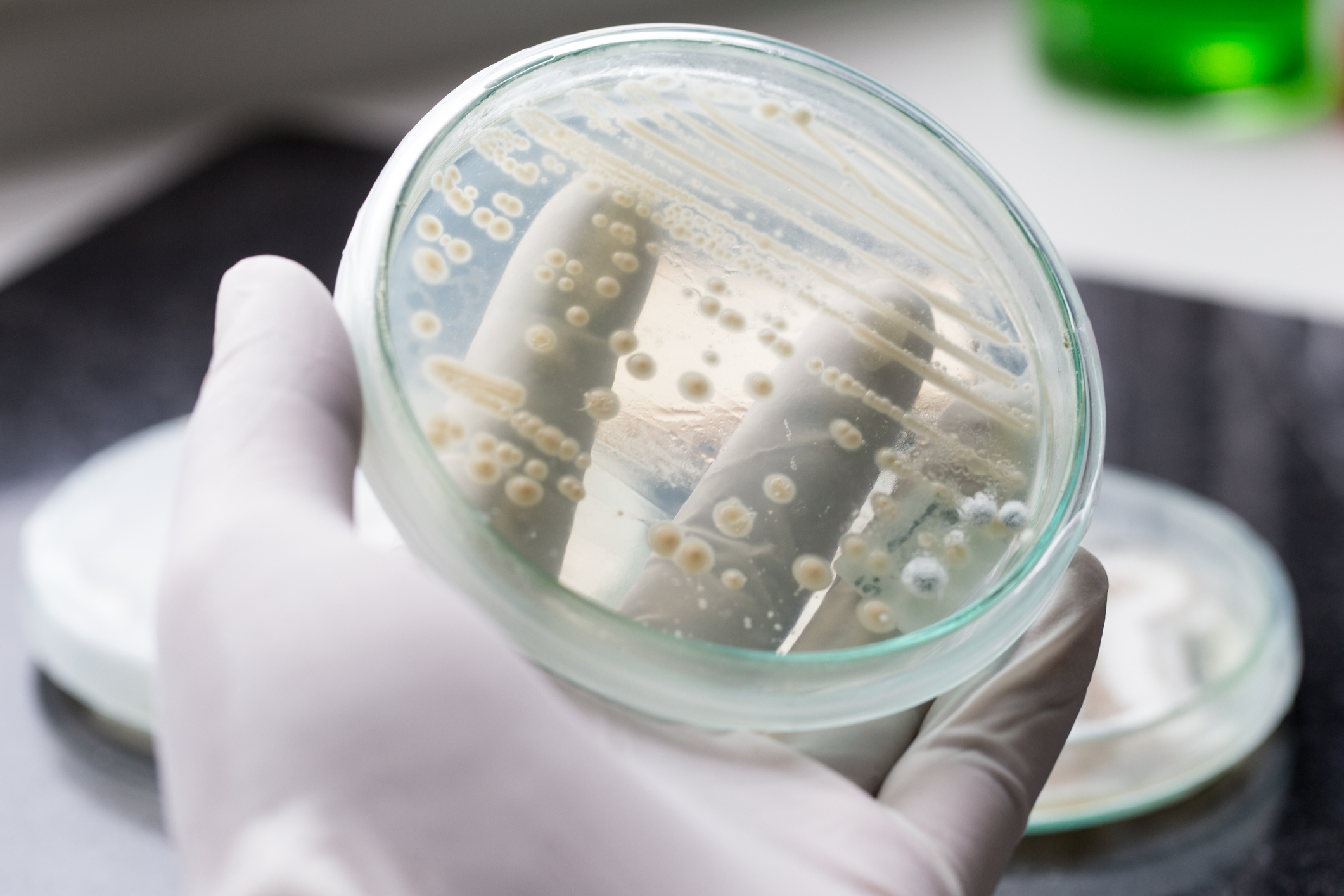
Vaginal infections are one of the most common problems among gynecological diseases. The physiological vaginal flora has a balanced microbiota that contains numerous bacteria and microorganisms. However, certain conditions such as extensive antibiotic use, inadequate genital hygiene, and unhealthy dietary habits can disrupt the floral balance of the vagina. In this case, beneficial microorganisms in the vagina decrease, while the concentration of harmful microorganisms increases. The most frequently encountered infection in this context is vaginal candidiasis, also known as a vaginal yeast infection.
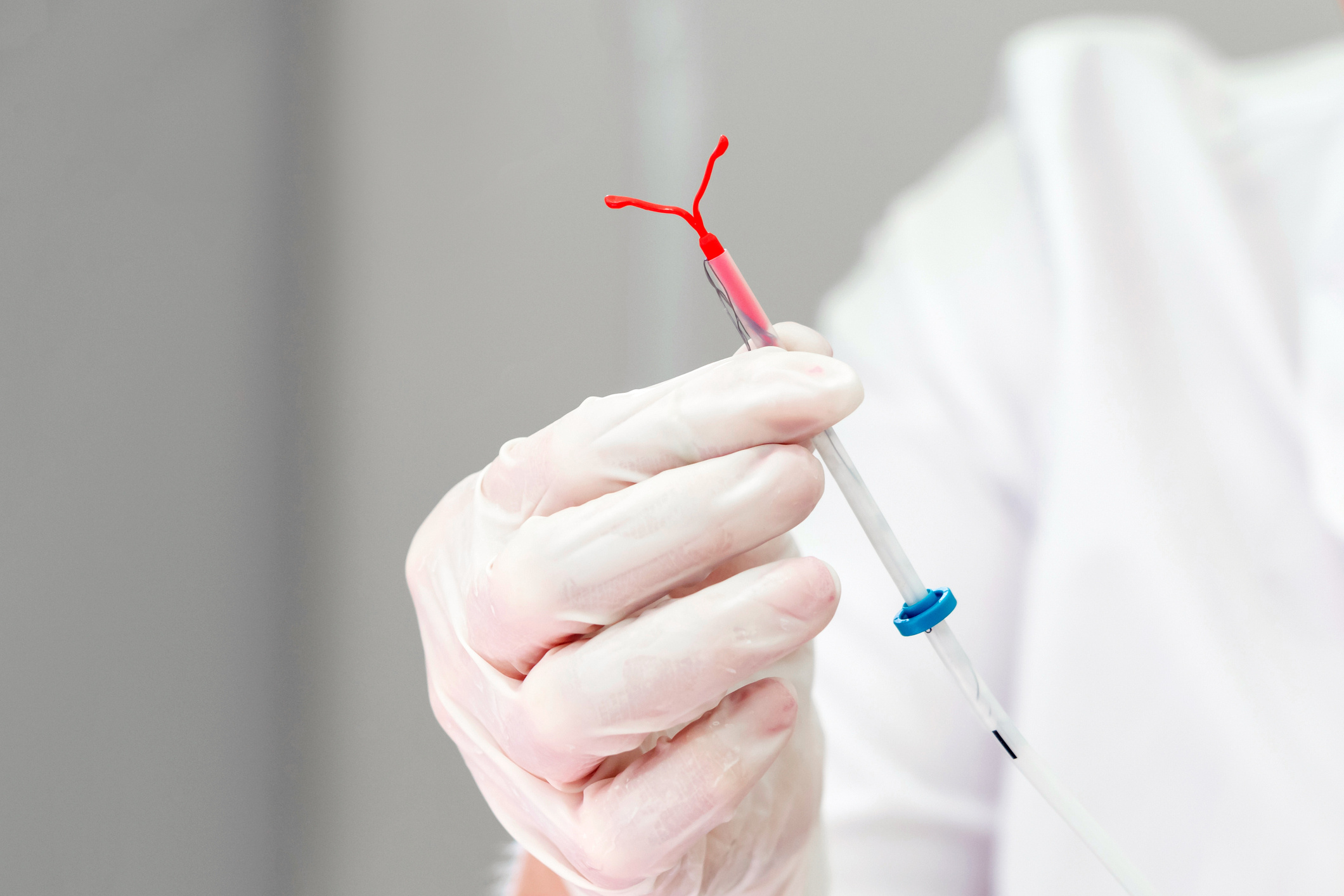
An IUD is a contraceptive device that has different options based on an individual's needs and health status.
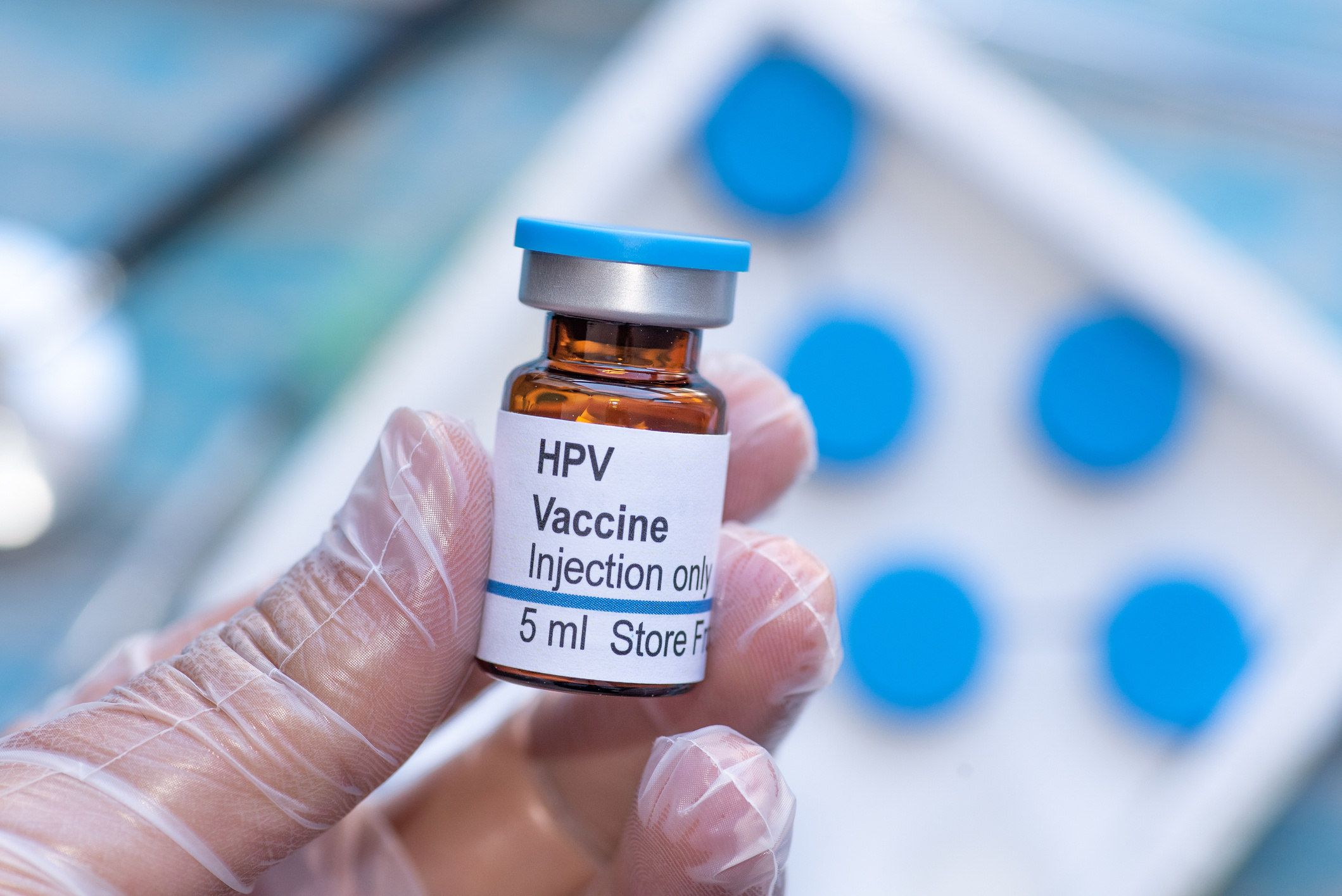
There are various birth control methods that both men and women can use for family planning.
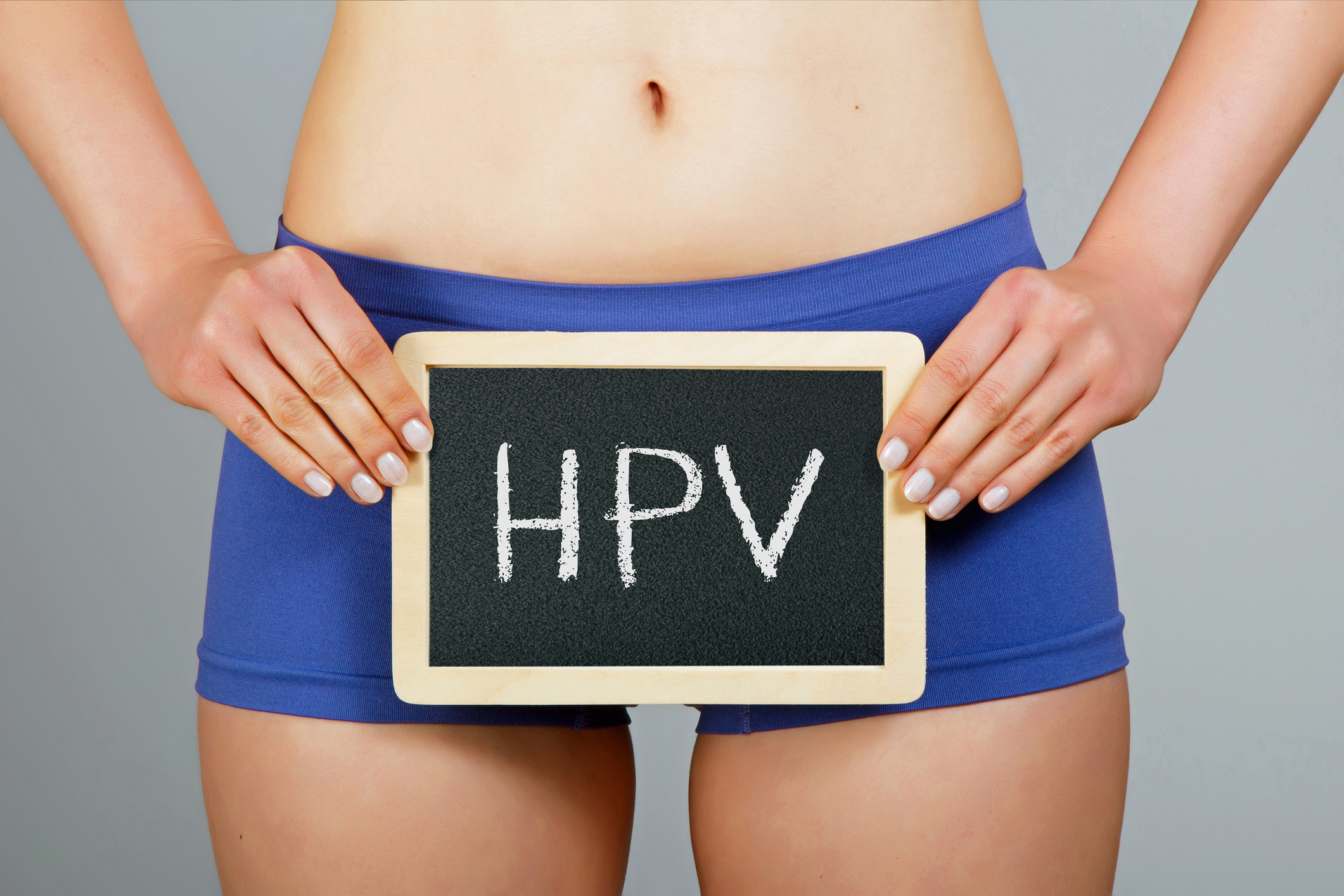
Bulaşıcı hastalıkların neden olduğu parazitler, virüsler, bakteriler ve enfeksiyonlar vücutta deri yüzeyinden beyne kadar çeşitli yerlerde belirti gösterebilir.
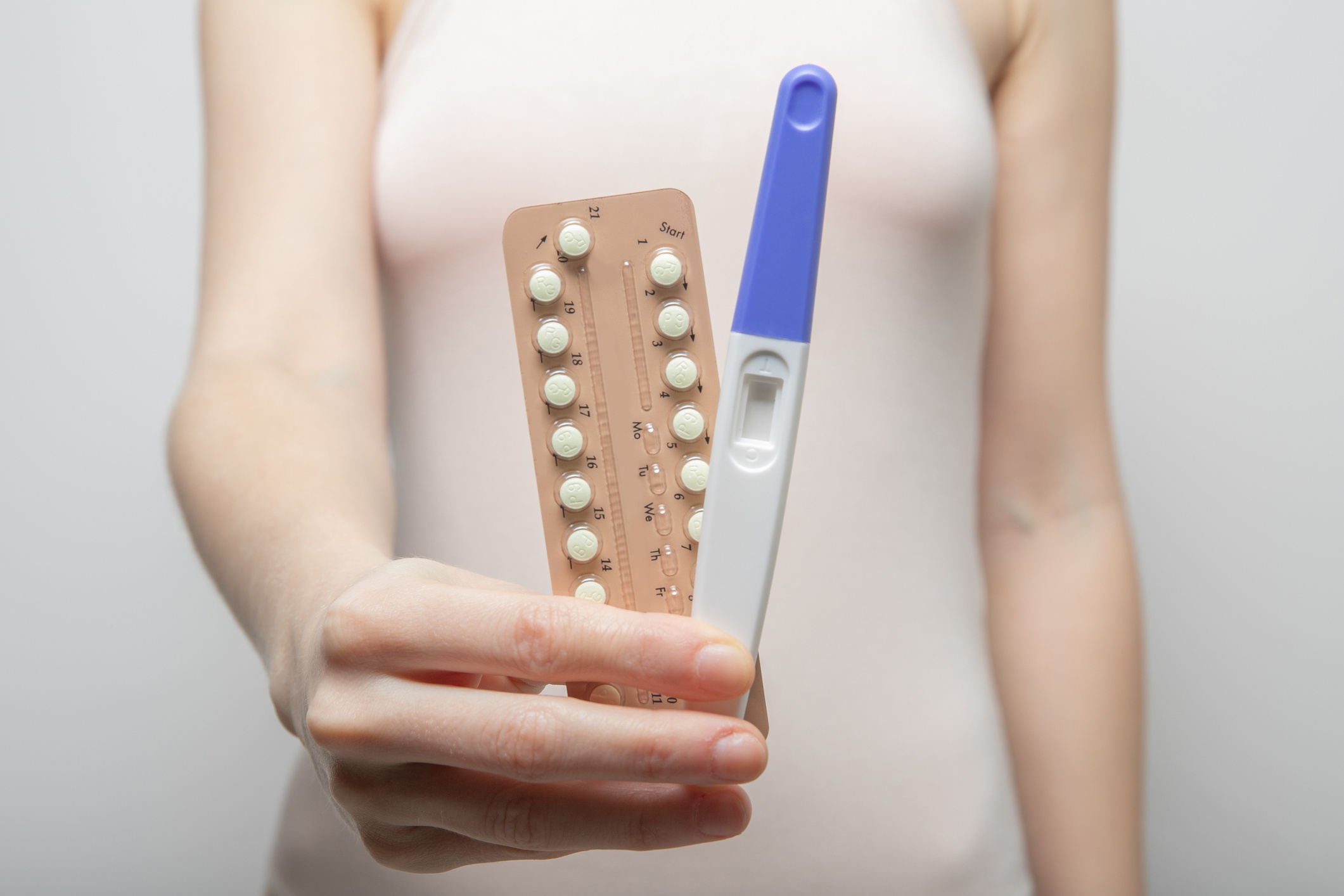
The emergency contraceptive pill, named for its use the day after sexual intercourse, is one of the methods of emergency contraception.

There are various birth control methods that both men and women can use for family planning.

Sexually transmitted diseases (STDs) are infections that occur as a result of sexual contact. Early diagnosis and treatment of these diseases are crucial for both individual and public health.

After conception (when a sperm fertilizes an egg), the developing placenta begins to produce and release HCG.

It is the elimination of residues from the vaginal tissue that continuously renews itself along with cervical secretions.

Menstrual delay can be a common issue experienced by women during certain periods.

A woman experiences menstruation about 12 times a year, often accompanied by PMS symptoms before each cycle.

A menstrual delay is a condition that affects nearly every woman during her reproductive years, characterized by the menstrual period not starting on the expected date according to the calendar.

Menstrual bleeding that falls outside the normal period is known as menstrual (regl) irregularity.

Mammography is the most effective imaging method for the early detection of breast cancer, which ranks as the second leading cause of death in women. Dr. Nuri Ceydeli, a specialist in Obstetrics and Gynecology at Anadolu Health Center, states, "All women who detect issues in their breasts, as well as women aged 40 and above who have no issues, should undergo mammography."
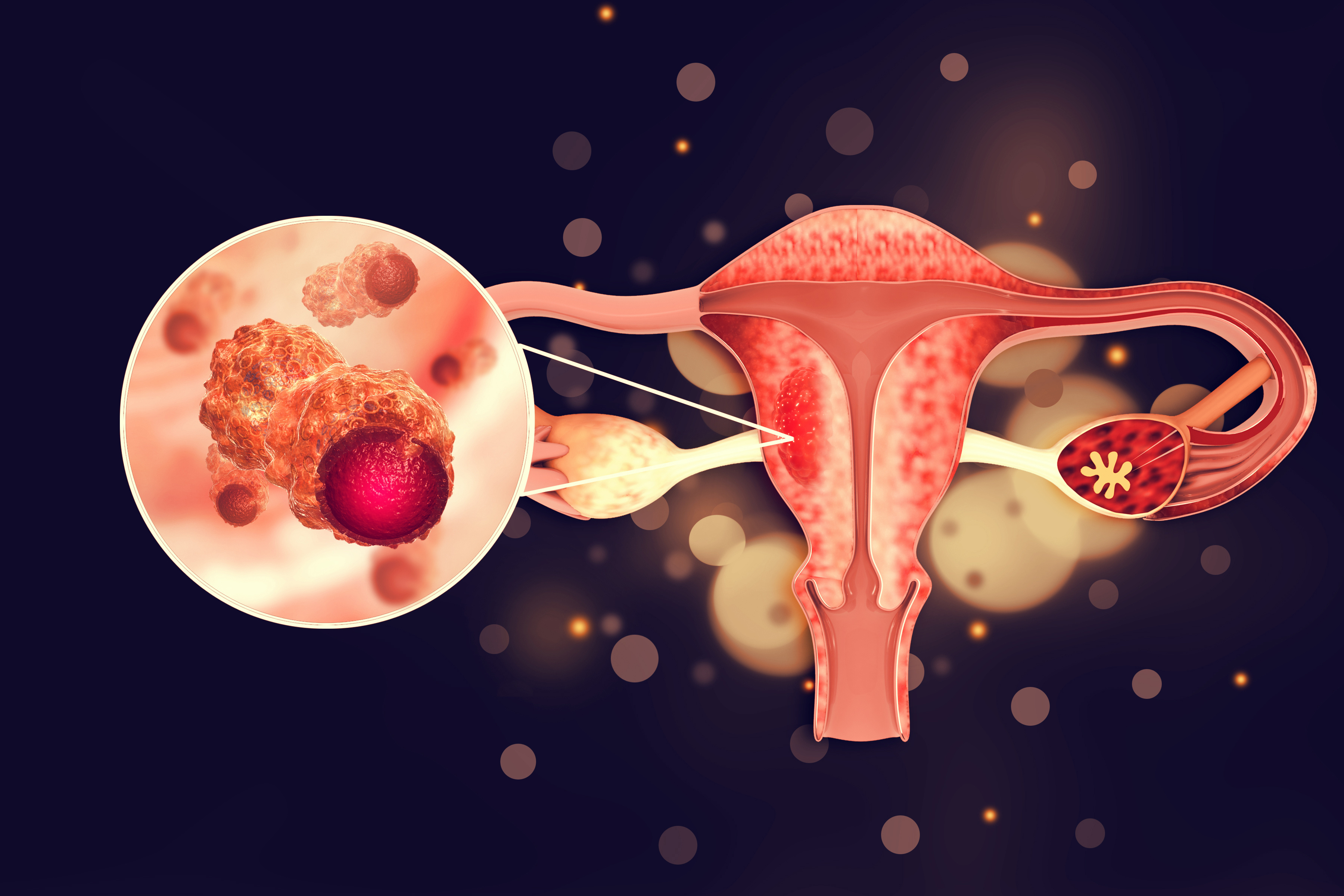
Ovarian cancer is a type of tumor that occurs due to the uncontrolled growth and proliferation of cells in the ovarian or fallopian tube tissue. Ovarian cancer, also known as ovary cancer, is among the most common cancers faced by women worldwide. Diagnosing it can sometimes be difficult because symptoms often develop in the later stages. This can prevent early detection. Commonly experienced symptoms of ovarian cancer can include pelvic pain, abdominal pain, bloating, abnormal bleeding, or vaginal discharge. The goal of ovarian cancer treatment is to remove the tumor from the body. Treatment methods include surgery, chemotherapy, targeted therapy, and radiotherapy.
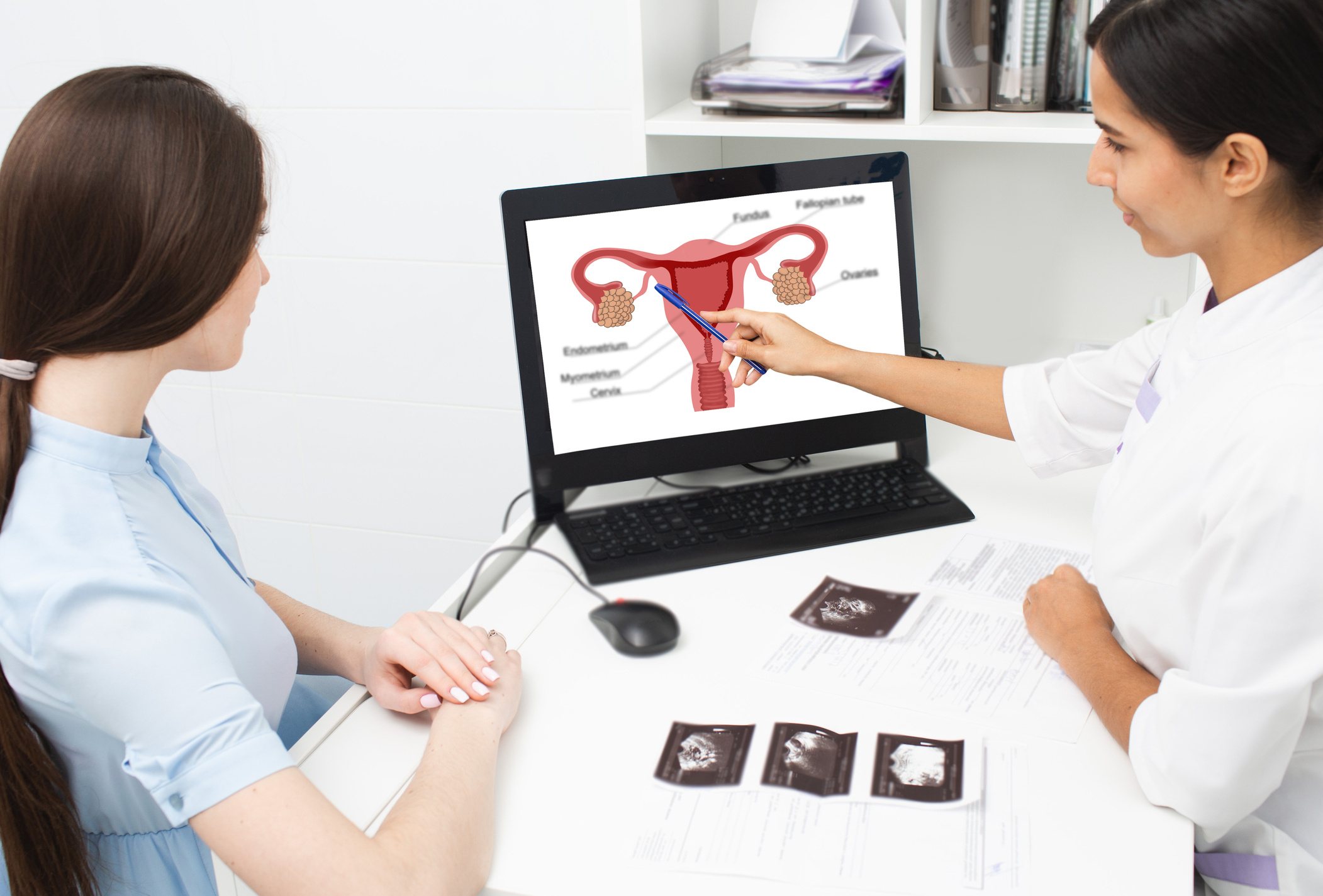
Vulvar cancer refers to malignant tumor formations that can arise on the external surface of the female genital organs. The vulva includes the clitoris and the vaginal lips, known as labia, as well as the skin surrounding the urethra (urinary canal) and vagina. Vulvar cancer often presents as a mass or ulcer that causes itching in the vulva. It can occur at any age but is most frequently diagnosed in older adults. The treatment for vulvar cancer typically involves surgery to remove the cancerous tissue along with a small amount of surrounding healthy tissue. Sometimes, this surgery may require the complete removal of the vulva. The earlier the diagnosis, the less likely it is that extensive surgery will be needed. Therefore, early diagnosis and treatment are crucial.
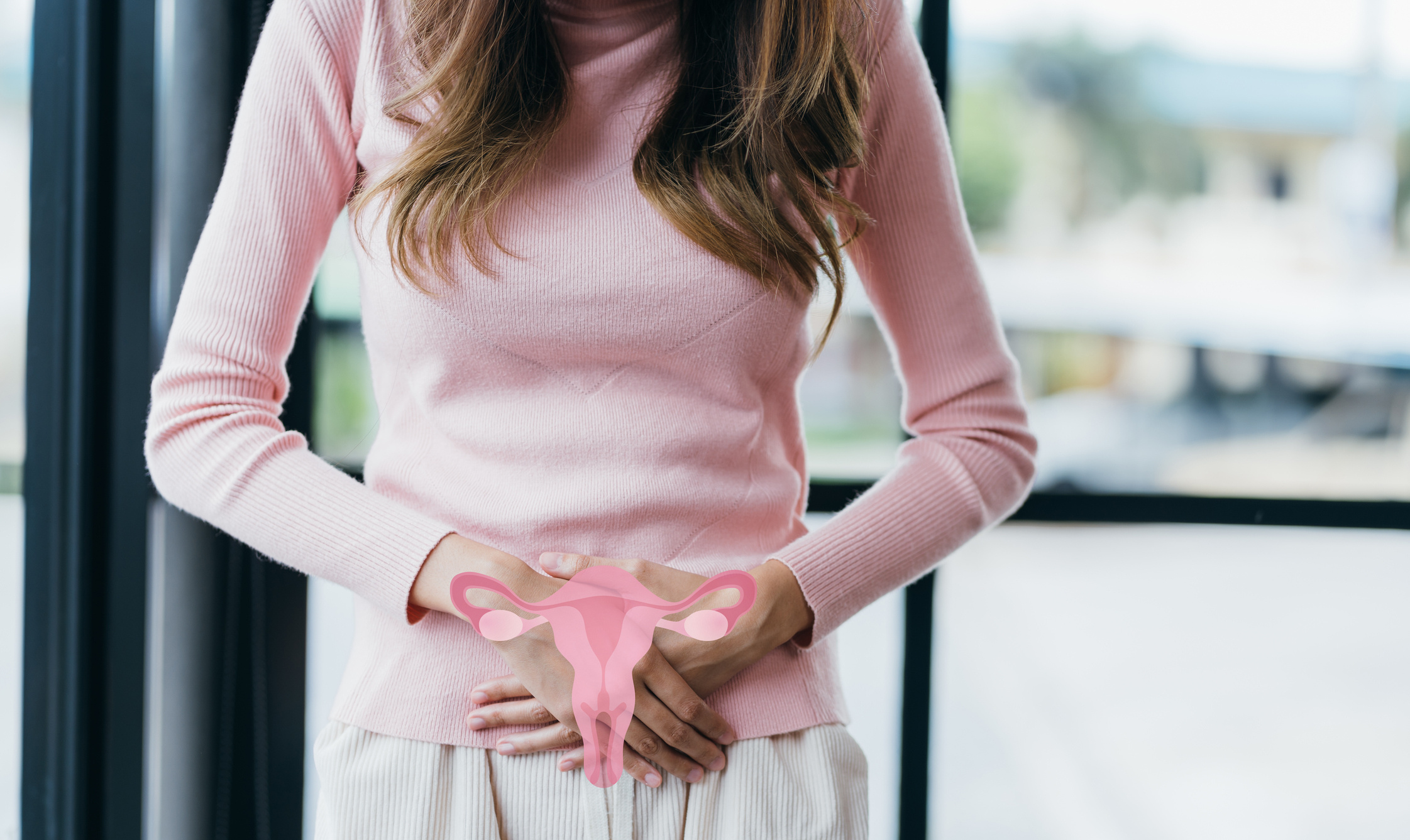
Human papillomavirus (HPV) is a double-stranded DNA virus. Approximately 630 million women worldwide are currently infected with HPV, which is transmitted through sexual contact. Unlike other sexually transmitted diseases, HPV can also be transmitted through skin-to-skin contact without direct penetration during sexual intercourse. Therefore, the protective effect of condoms is limited. The Center for Disease Control (CDC) in the USA reports that 50% of sexually active men and women will encounter HPV at some point in their lives. A population-based study in the USA found that one in four sexually active women tested positive for HPV DNA.
23 Ağustos 2023 Çarşamba
10 Ways to Prevent Urinary Tract Infections During Pregnancy

500 times read
Featured Cancer Articles


